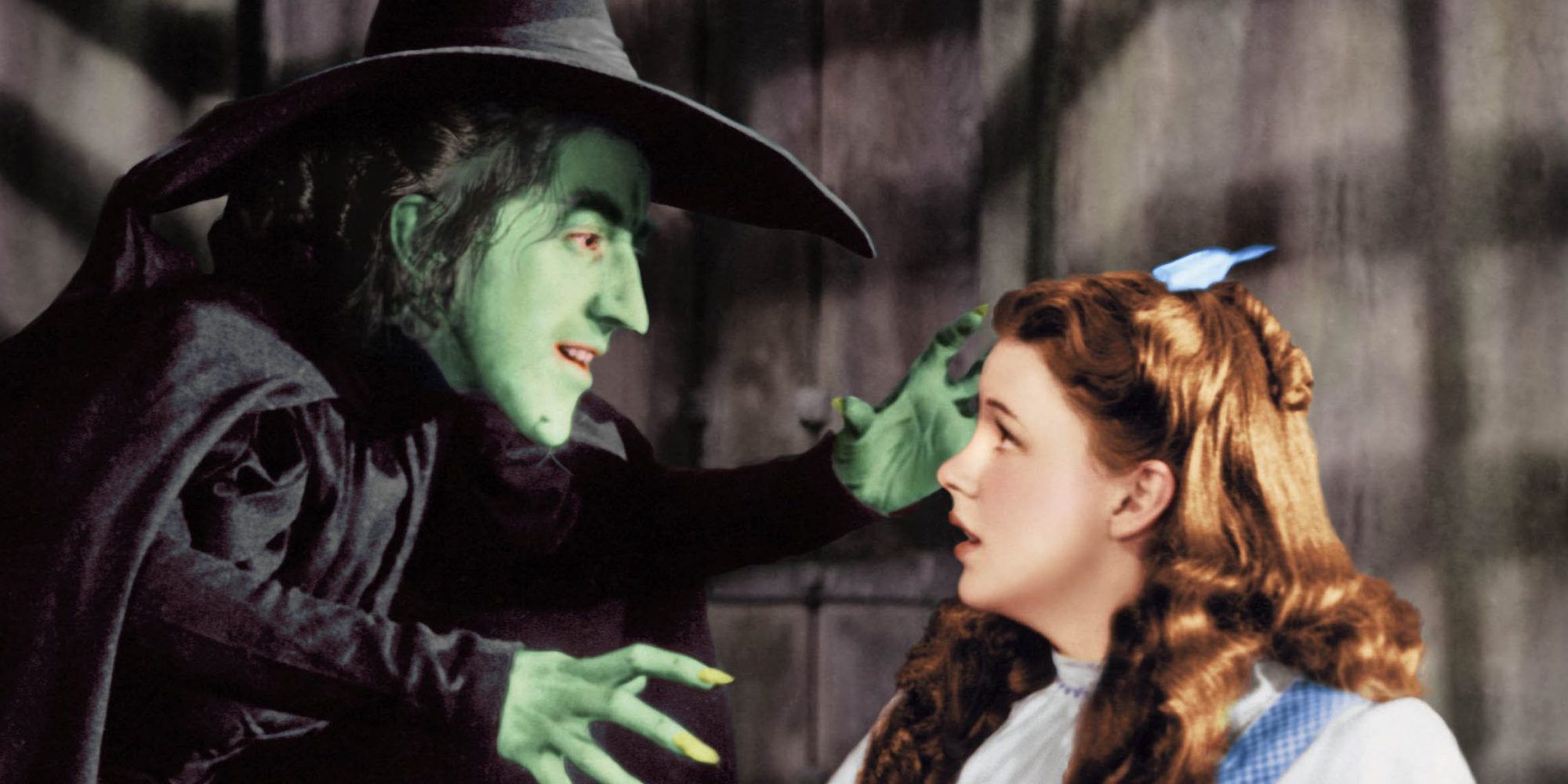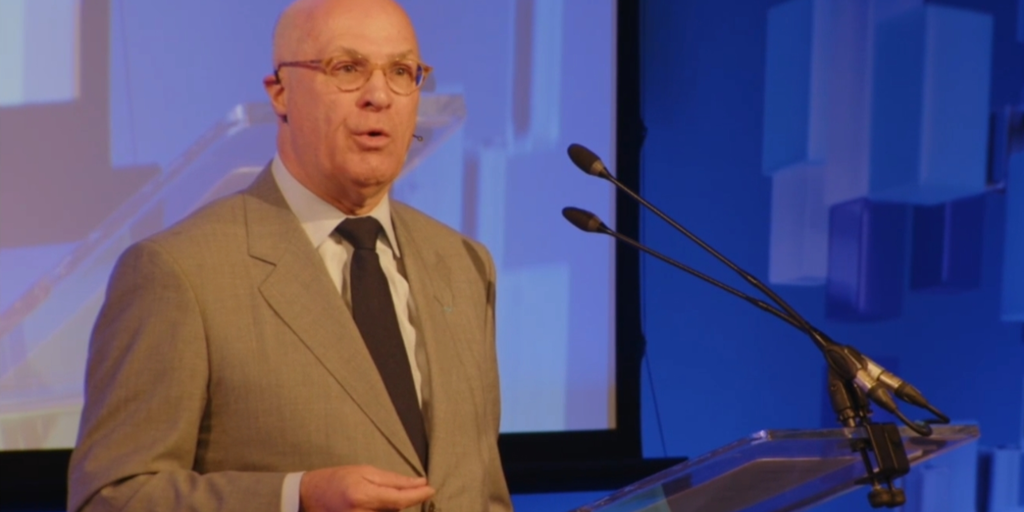In the 20 years since her breakout film Dig!, about the uber-cool post-rock cold war between rival bands The Dandy Warhols and The Brian Jonestown Massacre, Ondi Timoner has positioned herself as a great explorer of the times we live in, usually while that history is still unfolding. In the case of 2009’s We Live in Public and, in particular, last year’s The New Americans: Gaming a Revolution, she was so far ahead of the game that those films still can’t be considered case studies in the past tense, anticipating as they did the still-to-be-assessed impact of the internet on the human psyche. All God’s Children is unusual in that, although it, too, is very much in and about the present moment, it’s a film that’s also in dialogue — thoughtfully, and powerfully — with the past.
Timoner’s poignant 2022 film Last Flight Home, which unflinchingly documented her seriously ill father’s decision to end his life in accordance with Californian law, is more representative of what to expect here, and not simply because it features another family member: her sister Rachel Timoner, a rabbi at the Congregation Beth Elohim synagogue in Brooklyn. Rabbi Timoner, like many, was unnerved by the rising tide of antisemitism that went overground in 2017, when the far-right “Unite the Right” march in Charlottesville, Virginia, turned into a riot, leaving one person dead and 35 injured.
Closer to home, however, she saw divisions arising with the nearby Black community in the Bedford Stuyvesant area (“Squashed between high-rises and brownstones”), which was being increasingly gentrified — usually through “deed theft”, a legal sleight-of-hand by which ruthless businesses exploit loopholes to evict vulnerable tenants and take their homes. But even though they faced the same kind of discrimination, as a minority, the people affected tended to view their Jewish neighbors with suspicion, rather than seeing them as equally “othered” fellow travelers. This, in 2019, inspired Rabbi Timoner to reach out to Reverend Dr. Robert Waterman of the Antioch Baptist Church.
All God’s Children is about what happened next, setting up this unlikely equation by outlining the similarities between the two communities rather than the differences. And what they have in common is shocking, given the number of attacks that have targeted churches and synagogues in the U.S. As Reverend Waterman says, “If you think about who in this country has, in their houses of worship, faced violent hatred, it’s Jews and Black Christians.”
It’s an alliance that might seem simple in theory, but, while accepting the purity of the intention, Timoner’s film doesn’t shy away from the hard work that needs to go into making a dream such as this a reality. Rabbi Timoner talks a very good talk in this respect, explaining her staunch refusal to kowtow to her faith’s enemies and take off her kippah (a sacred cloth cap). “Courage is not the absence of fear,” she says. “You’re only courageous if you’re afraid and do it anyway.” Reverend Waterman is also a fighter, explaining how, despite his underprivileged background, he now has four degrees — an associate’s, a bachelor’s, a master’s, and a doctorate — all earned in the knowledge that, in dog-eat-dog America (still now as then), a person of color needs to go the extra distance.
Their project proceeds in a suspiciously fuss-free way, and Timoner, the director, keeps well out of it, which, if you know her work, is a bit disconcerting. Where, one starts to think, is the conflict? It comes soon enough; in April 2022 when, in response to Rabbi Timoner’s Passover celebrations at C.B.E., Reverend Waterman’s congregation stages a melodramatic interpretation of the crucifixion of Christ. If you want to know exactly where, how, and why, Judaism and Christianity differ, it’s right here, and it’s a moment that finally throws light on the elephant in the room — which, as Rev. Waterman says early on, has been there from the outset) — can Jews and Christians worship together?
Both sides get their ass kicked here, both by reality and a charismatic outside mediator named Megan Black, who calmly figures out a route to rapprochement that is satisfactory to both sides. This all happens before the horrific events, in Israel, of 7 October 2023, and although what ensues in Gaza is not ignored, we see it only from the strictly humanist perspective of this newly formed alliance; fully cognizant of the “deed theft” happening on her own doorstep, Rabbi Timoner preaches, “Land does not belong to people, it belongs to God.”
Perhaps wisely, the film does not go into the weeds of that situation. Instead it hones in on a peculiar overlap in American society, drawing parallels between two seemingly chalk-and-cheese communities that have much more in common than they realize, something brought home by a hardcore double-whammy day trip to Washington D.C. to visit The National Museum of African American History and Culture and The United States Holocaust Memorial Museum.
There’s lots to chew on, and some of the brutal archive material is hard to digest, but, given what’s happening in the world, the film ends on a unexpectedly optimistic note. Rabbi Timoner has the last word, or rather Dr. Martin Luther King does, when she references his famous line: “The arc of the moral universe is long, but it bends towards justice.” Does it, though? This film gives us hope.









 English (US) ·
English (US) ·